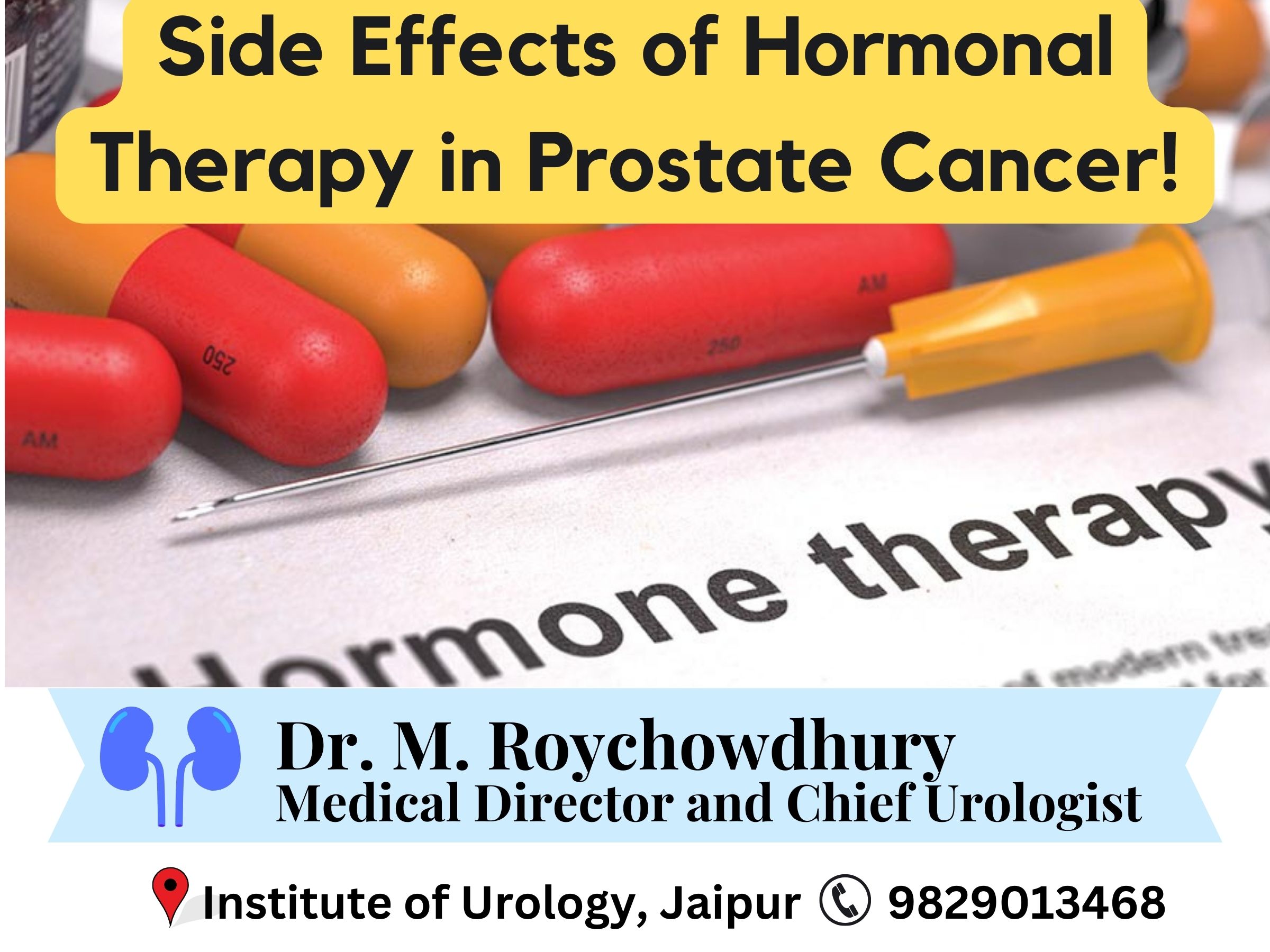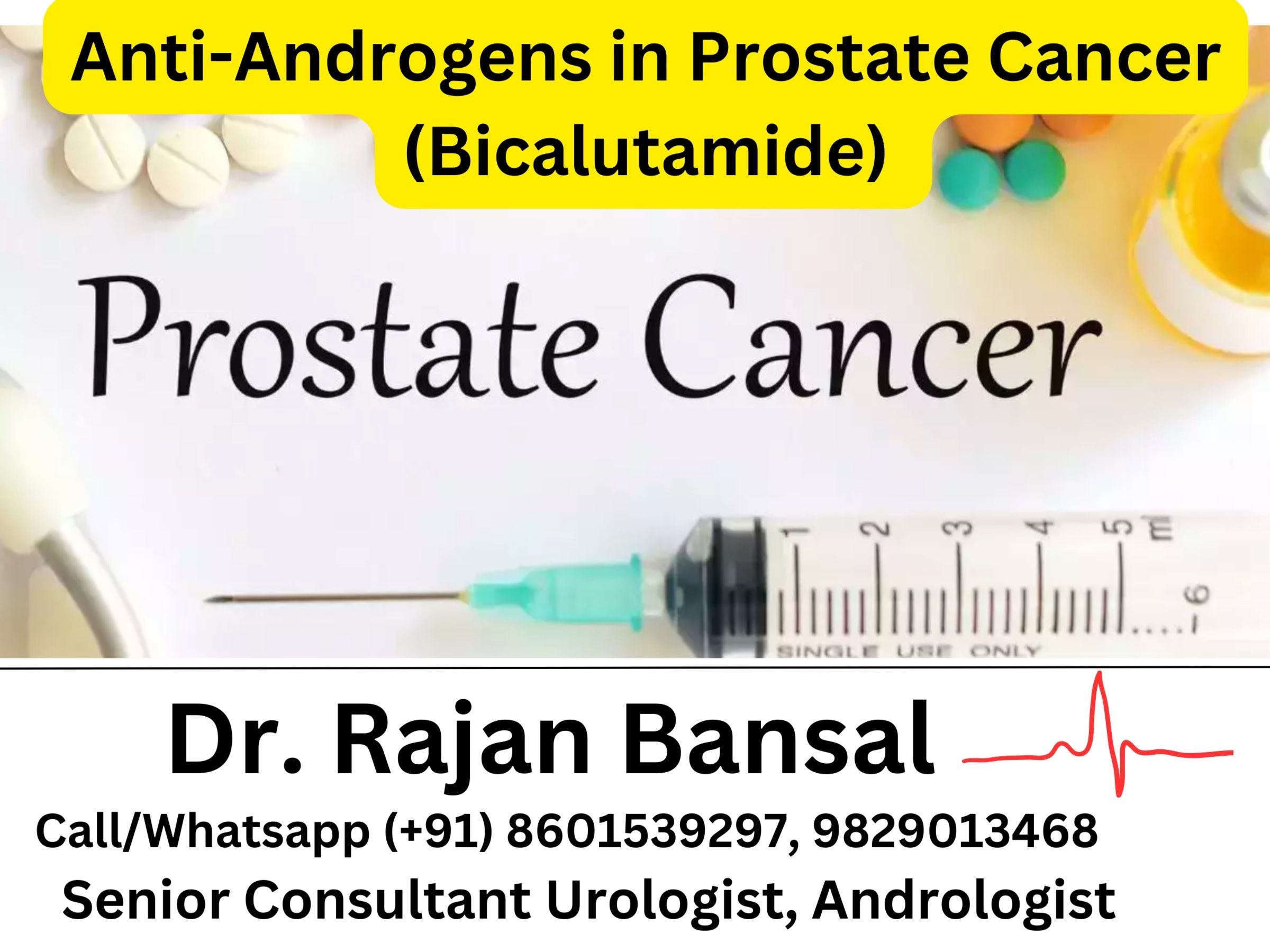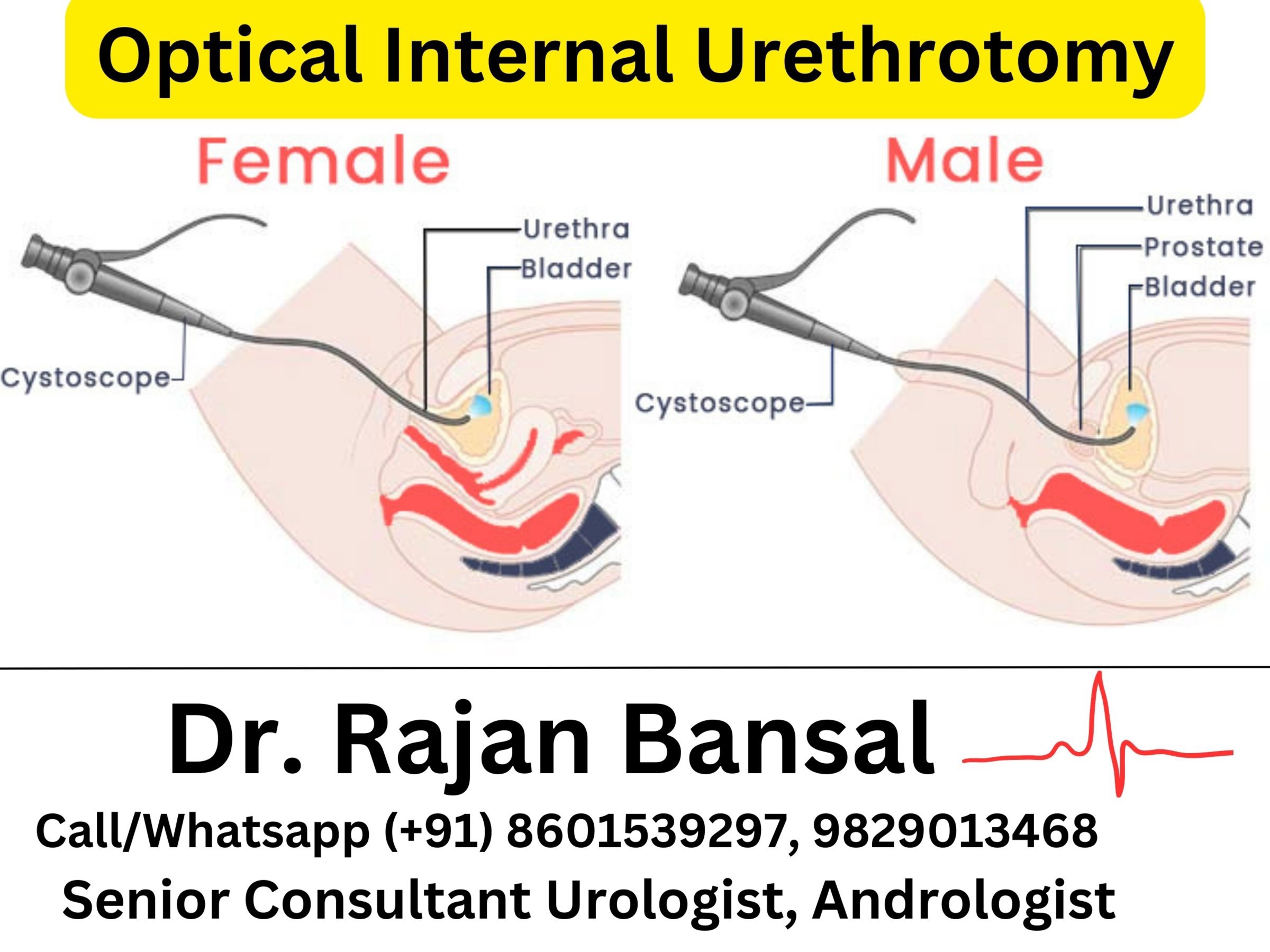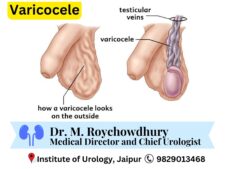Testicular Tumor: Effective Treatment Options and Prognosis for a Healthy Future: When it comes to men’s health, testicular tumors are a concern that should not be overlooked. While the diagnosis of a testicular tumor can be daunting, the good news is that advancements in medical science have led to effective treatment options and improved prognoses. In this comprehensive guide, we will explore the different types of testicular tumors, delve into the treatment modalities available, and shed light on the prognosis for individuals diagnosed with this condition.
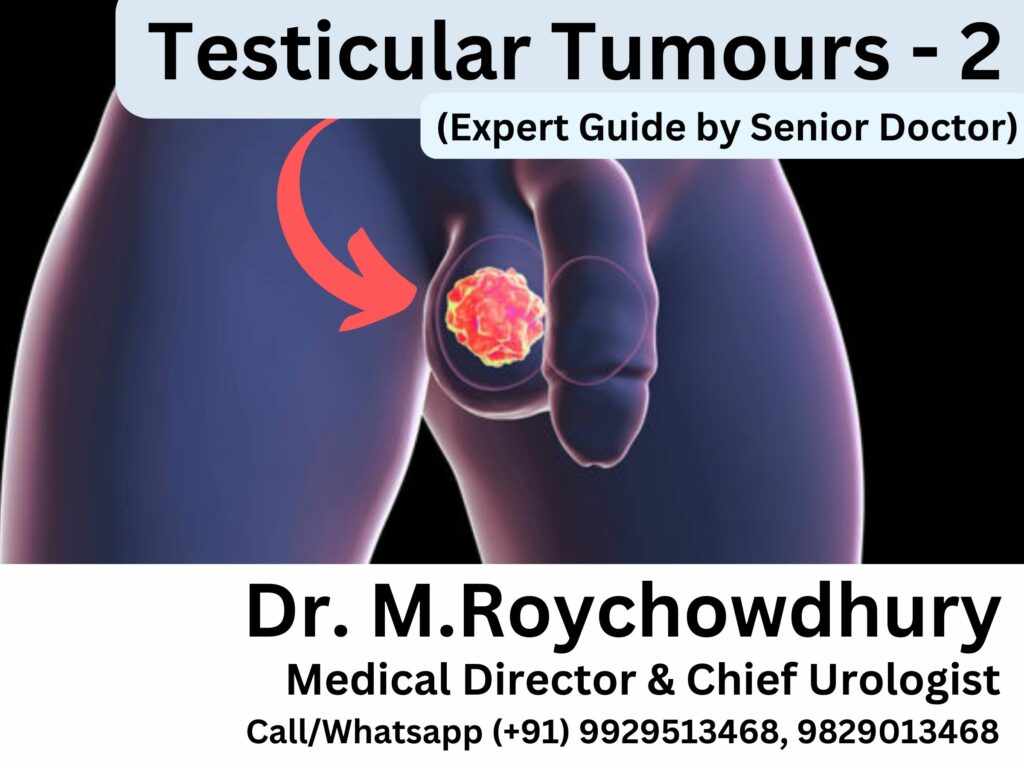
Treatment Options for Testicular Tumors
a. Surgery:
Surgery, in the form of radical inguinal orchiectomy, is the primary treatment for testicular tumors. This procedure involves the removal of the affected testicle and is usually followed by additional therapies depending on the tumor type and stage.
b. Radiation Therapy:
Radiation therapy utilizes high-energy X-rays or other particles to target and destroy cancer cells. It is often used after surgery to eliminate any remaining cancer cells or to treat lymph nodes that may be affected.
c. Chemotherapy:
Chemotherapy involves the use of powerful drugs to kill cancer cells throughout the body. It is an effective treatment for testicular tumors and is often administered after surgery or in cases of advanced disease.
d. Targeted Therapy:
Targeted therapy drugs are designed to attack specific abnormalities within cancer cells. They work by interfering with the growth and division of cancer cells, leading to their destruction. This treatment option may be recommended for certain types of testicular tumors.
e. Surveillance:
For certain low-risk testicular tumors, surveillance may be recommended as a treatment approach. Surveillance involves closely monitoring the patient through regular physical exams, imaging tests, and blood tests to detect any signs of recurrence or progression. This option allows for a more conservative approach while still ensuring prompt intervention if necessary.
Factors Affecting Prognosis of Testicular Tumour Patients
Several factors influence the prognosis of testicular tumors. These include:
a. Tumor Type and Stage:
The specific type of testicular tumor and its stage at the time of diagnosis play a significant role in determining the prognosis. Seminomas generally have a better prognosis than non-seminomas, while early-stage tumors have higher survival rates compared to advanced-stage tumors.
b. Tumor Markers:
Tumor markers, such as alpha-fetoprotein (AFP), human chorionic gonadotropin (HCG), and lactate dehydrogenase (LDH), are substances produced by cancer cells. Elevated levels of these markers in the blood may indicate the presence of a testicular tumor and can provide insight into the prognosis and treatment response.
c. Lymph Node Involvement:
The involvement of lymph nodes near the testicles can affect the prognosis. If the cancer has spread to nearby lymph nodes, the risk of recurrence or metastasis increases, potentially impacting the overall prognosis.
d. Metastasis:
Metastasis refers to the spread of cancer beyond the testicles to other parts of the body, such as the lungs, liver, or bones. The presence of metastasis significantly affects the prognosis and may require more aggressive treatment approaches.
e. Response to Treatment:
How well a testicular tumor responds to treatment is a crucial factor in determining prognosis. A positive response, with a significant reduction in tumor size and absence of cancer cells, indicates a more favorable outcome.
Prognosis for Testicular Tumors
a. Seminoma Prognosis:
Seminomas have a high overall survival rate, even in advanced stages. For localized seminomas, the 5-year survival rate exceeds 95%, while the rate for advanced cases is approximately 80-85%.
b. Non-seminoma Prognosis:
Non-seminomas have varying prognoses depending on the specific subtypes and stages. The 5-year survival rate for localized non-seminomas ranges from 85-95%. However, for advanced cases, the survival rate may range from 70-85%.
c. Overall Prognosis:
When considering all testicular tumors combined, the overall prognosis is relatively favorable. The 5-year survival rate for all stages combined exceeds 95%, making testicular tumors one of the most curable forms of cancer.
Follow-Up Care and Survivorship of Testicular Tumour Patients
After completing treatment, individuals diagnosed with a testicular tumor require long-term follow-up care. Regular medical check-ups under expert urologists, including physical exams, blood tests, and imaging studies, help monitor for any signs of recurrence or late effects of treatment. Survivorship programs and support groups are also available to provide guidance, address concerns, and promote a healthy and fulfilling life after testicular cancer.
Best Hospital in Jaipur, Rajasthan for Testicular Tumour Treatment – Institute of Urology, C Scheme, Jaipur
Although a testicular tumor diagnosis can be distressing, advancements in treatment options have significantly improved the prognosis for individuals affected by this condition. Through a multidisciplinary approach involving surgery, radiation therapy, chemotherapy, targeted therapy, or surveillance, Urologists can tailor treatment plans to individual needs. Early detection, accurate diagnosis, and prompt initiation of appropriate treatment greatly contribute to successful outcomes and a healthy future for those diagnosed with testicular tumors.
At Institute of Urology, C scheme, Jaipur we have a team of experienced and specialized urologists with expertise in penile cancer management. We offer state-of-the-art diagnostic facilities, including advanced imaging and pathology services. Additionally, we have a multidisciplinary approach, involving collaboration between different specialists (Imaging, urodynamics, laboratory etc) to provide personalized treatment plans.
For a personalised consultation or questions, you can always come and see me at the hospital or give me a call at 9929513468 (Dr. M. Roychowdhury). Prior appointments can be booked on 9829013468. Booking an appointment helps us attend to you in a more prepared way with no waiting time. So, don’t wait and reach out to us today to get help. With prompt help, a better treatment outcome is always on the charts.

